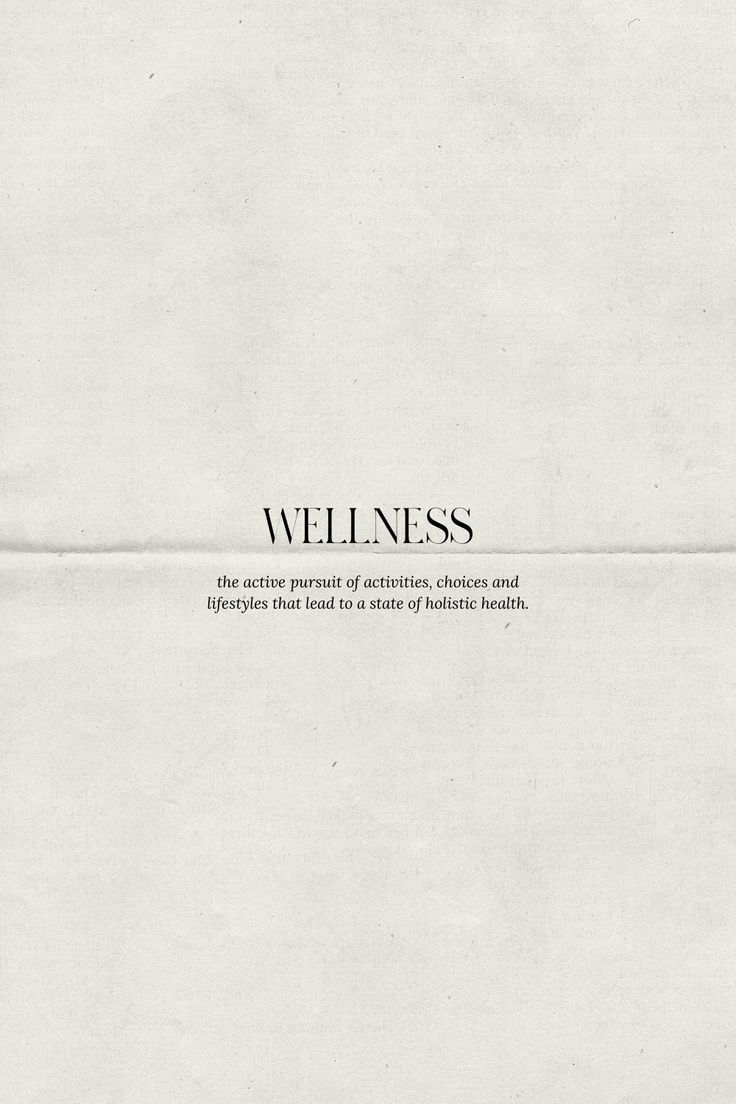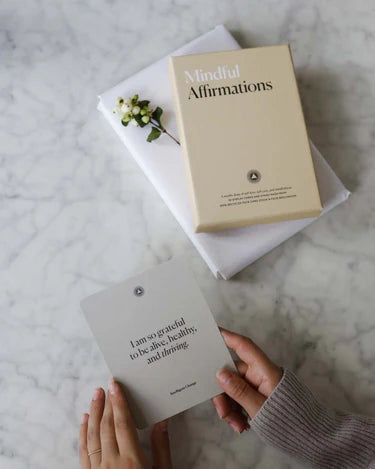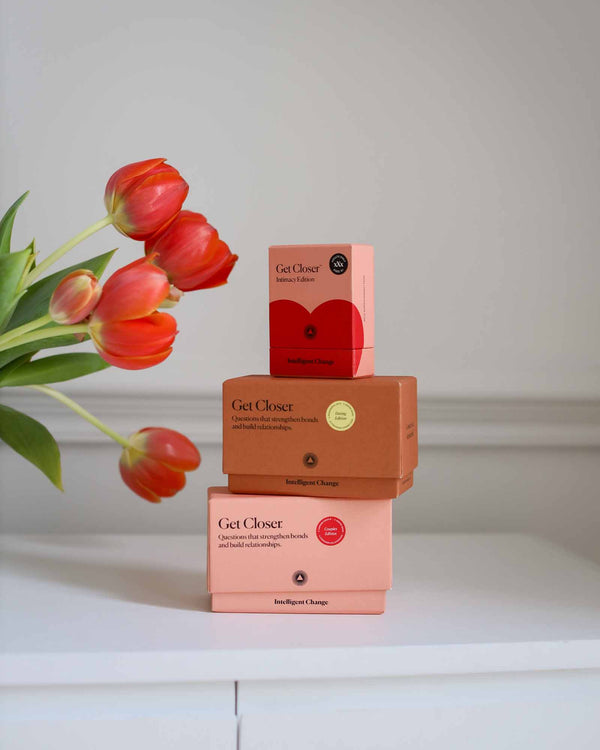The Power of Accountability
by Natalie Theodosi
In the simplest of explanations, accountability equates to a form of responsibility. In modern-day culture, the term is thrown around a lot when speaking about surface-level goals like a diet plan or exercise regime. But what does holding yourself accountable really mean? It certainly goes far deeper than sticking to a caloric deficit for a few weeks––it’s a certain mindset that needs to become ingrained in anyone who wants to lead a mindful lifestyle and achieve success on their own terms.
For accomplished athlete and wrestler Janyssa Barrios, it’s about stepping out of the fixed, victim mentality that everyone else is born luckier, more gifted, or more accomplished than you. It also means holding yourself accountable to do the necessary work––however hard it might be––to get to where you want to be.
“By rising above (the victim mindset) and constantly holding yourself accountable, you achieve things you never thought were possible,” said Barrios in her recent Ted talk. “But it’s not easy to get there and we can come across painful conclusions about ourselves along the way. We all want to succeed but not everyone is willing to do what it takes––that's certainly not an easy conclusion.”
For Barrios, holding herself accountable meant no longer blaming her injury for her lack of progress in wrestling or not making excuses that a rift with her best friend was the fault of the class bully. Instead, she took matters into her own hands and trained harder and more strategically, ending up with a scholarship to wrestle in college. She also confronted her friend, had the uncomfortable conversation, and fixed the misunderstanding, instead of letting go of control to external forces.
“Most often, there’s no outside force stopping us, we are stopping ourselves. If you realize that, you can become unstoppable,” she added.
So, what does accountability look like in practice?
Take it day-by-day
In the short-term, holding yourself accountable is usually a set of small, daily actions: choosing not to drink caffeine for one day at a time, or challenging yourself to meditate for a full week without taking a day off. At first, you’ll barely notice any immediate results, but, over time, taking those small steps forward each day can transform your life. Looking at the examples mentioned above, daily accountability can result in ridding yourself of caffeine drinking habit or completely transforming your mindset and being more in tune with your true self.
The key is not to focus on the mountain of hard work required to get to the end result––just hold yourself accountable for the small, daily tasks. This is easier said than done, so it’s always worth equipping yourself with the right tools in order to set yourself up for success.
For instance, you can outline your daily goals in your Productivity Daily Desk Pad. This can be anything from drinking enough water to meditating for five minutes, or spending half an hour practicing the language you want to master––you can then check each task off your list daily as a step towards accountability.
Writing things down instead of keeping them in your head can make all the difference: all of a sudden the goal or idea you are working towards isn’t an abstract thought, but something tangible. It also helps to keep track of your mood and habits, as well as reflect every day on the lessons learned and experiences.
Find an accountability partner
Accountability is very much about taking individual responsibility for your goals and, consequently, your life. But, at the same time, a helping hand from a friend or loved one can offer a much-needed boost of confidence.
If you have a friend, a partner, or family member you can trust, share your goals with them and ask them to check-in with you about your progress. Alternatively, if a friend is working towards a similar goal (maybe you’re both trying to exercise more, learn French, or improve your savings accounts), you can become each other’s accountability partners. As social beings, the sense of companionship and support from a fellow human being is a failsafe way to increase our chances of success.
Alternatively, you can make your Productivity Planner your accountability partner. As part of your morning and evening self-reflection routine, you can remind yourself of the step you need to take towards your goal that day in the morning section of “Intention for the day”. In the evening, you can check in with yourself and celebrate taking that step forward in the “Highlights of the Day” section. You can also give yourself a boost of confidence with the right affirmation.
The bigger picture
Breaking goals down into small, daily tasks is, no doubt, a key ingredient in the success formula. But we also need to be able to see that bigger picture in our rear view mirror from time to time—and remember what it is we’re ultimately working towards.
For instance, you might be focusing on establishing healthy eating habits in your day-to-day life or working towards escalating your business growth, or developing creative thinking skills. But what’s the ultimate reason you’re doing this for? What’s your bigger picture? What’s your why?
Perhaps it’s to be able to feel the joy of going on long walks or hikes with friends without feeling out of breath, or improving your financial situations, or changing your career. Perhaps it’s just a social pressure, and this isn’t really a goal you truly want to pursue. Understanding this broader vision of what you want your life to look like will make it easier to pick the right goals and stay accountable.
That’s why the latest version of The Best Year Journal was designed to encourage both a macro and micro way of thinking. Its different sections allow you to set your life goals for the entire year and also come back to check-in with yourself and measure your progress. This way you’ll never lose track of your progress—or forget why you’re doing it all in the first place.
When we allow ourselves the time and space to focus on a small number of goals at time, rather than trying to move several personal projects forward at once, we dramatically increase our chances of success and, in the process, also protect our mental well-being. That's when quarterly planning also steps in—a smart 90-day planning system designed to maximize your growth, productivity, and mindful living.
__________________
As the new season of your life begins, encouraging self-evaluation and much needed reflection, being accountable and taking matters into our own hands feels more important than ever. In this new world, it’s time to set goals on our own terms, understand why we’re pursuing them, and take responsibility in doing the necessary work to achieve them.









